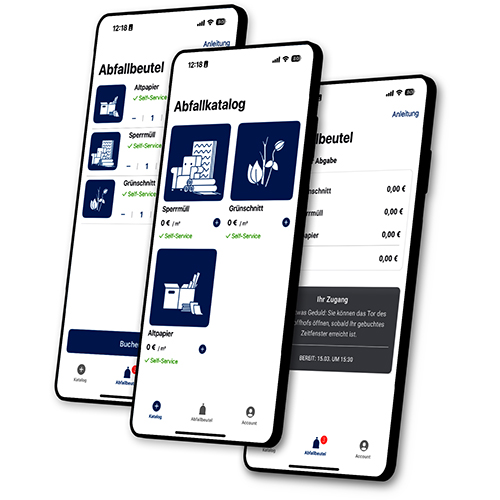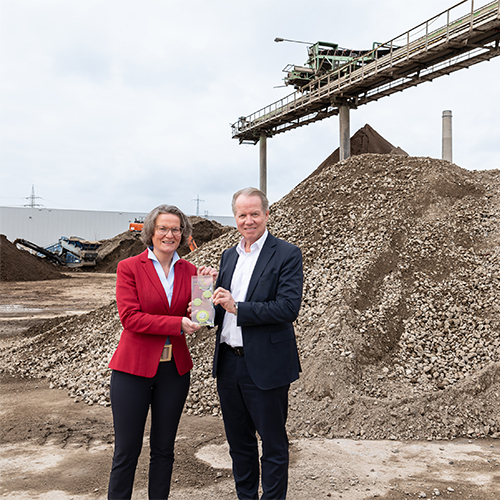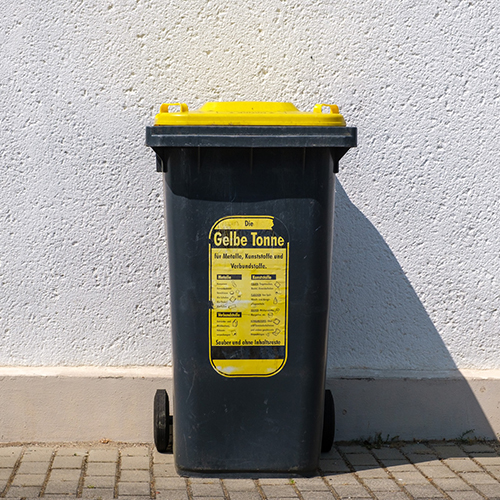
Europa erkennt endlich die Bedeutung der Kreislaufwirtschaft für den Klimaschutz
BRAND STORYAuf Nummer sicher
Weiterlesen

Europa erkennt endlich die Bedeutung der Kreislaufwirtschaft für den Klimaschutz
BRAND STORYUmweltbildung ist ein Thema für Groß und Klein!
Weiterlesen

Europa erkennt endlich die Bedeutung der Kreislaufwirtschaft für den Klimaschutz
BRAND STORY„Hab keine Angst und gib niemals auf“
Weiterlesen

Public Services
26. März 2024
Per App anmelden, Slot buchen, zum Wertstoffhof fahren, Tor mittels Bluetooth öffnen, selbst die Wertstoffe abgeben ...

Industrieservices
26. März 2024
Ein Optimum an Sicherheit und Gesundheit zu schaffen, ist eine herausfordernde Aufgabe. Das gilt besonders für ...

Recycling
25. März 2024
Seit dem 25. März 2024 kooperiert EKO-PUNKT, das Duale System von REMONDIS, mit der Markant Gruppe, ...
Newsletter
Melden Sie sich ganz unkompliziert zu unserem Newsletter REMONDIS AKTUELL mit Informationen zu Leistungen, Produkten und vielen weiteren Infos an.

Industrieservices
21. März 2024
„Medizinische Einmalgebrauchsprodukte in der Kreislaufwirtschaft“ (MEiK) ist das Forschungsfeld eines Konsortiums aus fünf Unternehmen und zwei ...

Menschen & Verantwortung
6. März 2024
Kinder haben einen ausgeprägten Gerechtigkeitssinn und ein sehr feines Gespür für Ungerechtigkeiten in ihrem Lebensumfeld. Damit ...

Recycling
6. März 2024
Auf dem Verpackungsmarkt gibt es derzeit eine Vielzahl an unterschiedlichen Siegeln, die über Recyclingfähigkeit und Rezyklatgehalt ...

Politik
5. März 2024
Über den Beitrag des Recyclings mineralischer Baustoffe für Kreislaufwirtschaft und Ressourcenschutz hat sich die nordrhein-westfälische Bauministerin ...

